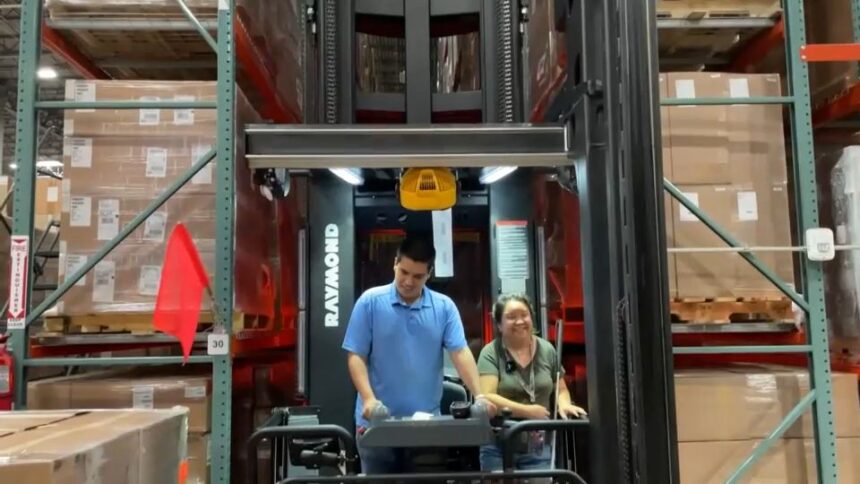People living with disabilities have a tough time finding work. But in New York, there’s another issue: If a person with a disability finds a job, there’s a chance that he or she will be paid a subminimum wage.
California, New Hampshire and Maine have all successfully passed laws to eliminate provisions exempting employees with disabilities from the minimum wage law. In New York, a bill sponsored by state Assemblymember Phil Steck and state Sen. James Skoufis (A.4347/S.3434) eliminates what many are calling an antiquated and discriminatory practice.
John Robinson, CEO of Our Ability, and the author of “Get Off Your Knees,” published by Syracuse University Press, and Blaise Bryant, communications specialist with the NY Association on Independent Living, spoke with Capital Tonight host Susan Arbetter about the issue.
“These people that you’re referring to who are getting paid $3 or less, work in settings called sheltered workshops. Sheltered workshops are segregated places where people with disabilities, predominantly intellectual and developmental disabilities, are frankly warehoused and their wage is set based on how much work they do, rather than having one set wage,” Bryant explained. “They can either be a Wal-Mart greeter, or work in a sheltered workshop.”
But there is an alternative kind of work called Competitive Integrated Employment (CIE) that both Bryant and Robinson support. The Department of Labor defines CIE as work that is performed on a full-time or part-time basis for which an individual is:
- Compensated at or above minimum wage and comparable to the customary rate paid by the employer to employees without disabilities performing similar duties and with similar training and experience
- Receiving the same level of benefits provided to other employees without disabilities in similar positions
- At a location where the employee interacts with other individuals without disabilities
- Presented opportunities for advancement similar to other employees without disabilities in similar positions
According to Robinson, whose company, Our Ability, is dedicated to connecting individuals with disabilities with employment, CIE has a successful track record.
“What we’ve seen now…is that Competitive Integrated Employment works better. That if you are educated and trained and brought up to speed in whatever job, you can work on Toyota’s factory floor. You can work for Global Foundries. You can work for Plug Power,” Robinson said. “You can work for some great organization for above minimum wage and that works better.”
Both Robinson and Bryant praise Gov. Kathy Hochul for supporting people with disabilities.
“The problem is, we have to break down almost 100 years of existing systems to get people into Competitive Integrated Employment,” Robinson explained.











